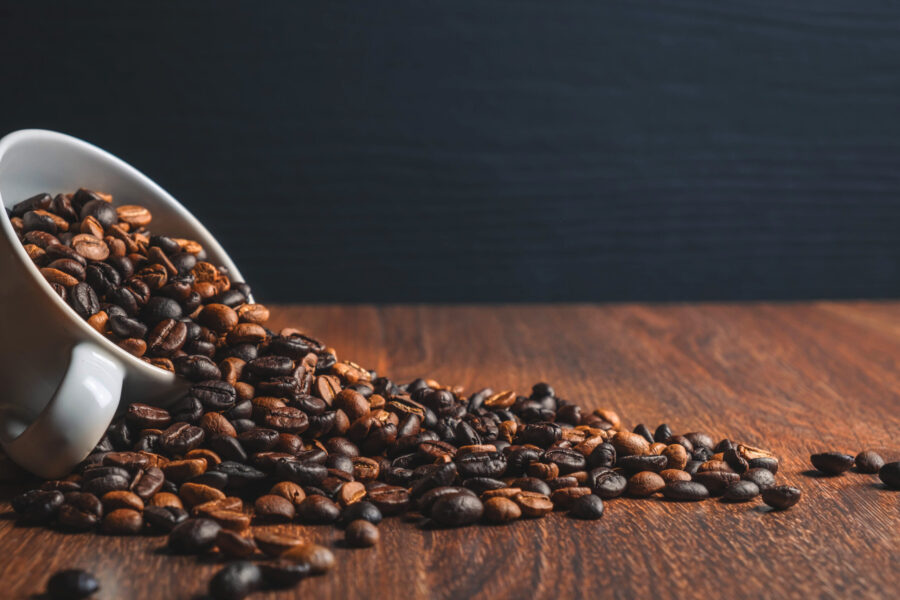What Does Aroma Have To Do With How My Coffee Tastes?
If you’re on our website, you know the smell of coffee and the overwhelming sense of pure joy that comes with it. No matter your favorite flavor, no matter how you prepare it, one thing unites you with all other coffee-drinkers: every morning becomes better instantly as soon as the scent of your brew hits your nose. (And we mean instantly. It’s like an instinct.)
It’s all about the anticipation of drinking your coffee—which is a wholly different (though just as wonderful) experience. After all, taste has nothing to do with scent, right?
Actually, a coffee’s aroma affects its flavor. That’s not an old wives’ tale or an urban legend: it’s scientific fact. Here’s how it works…
Many sensory factors play into coffee flavor.
Believe it or not, the sense you recognize as taste isn’t the only thing that provides a flavorful coffee experience. Your taste buds alone, in fact—which are located on your tongue and the roof of your mouth—can only pick up on salty, sweet, sour, bitter, and savory/umami flavors. These categories aren’t enough for a full coffee experience, as any connoisseur will tell you.
Coffee-drinking, as it turns out, is a group project for your body, and the other senses have to pitch in, too. Color, temperature, and texture all contribute to what we call “flavor,” so, clearly, touch and sight also play a role.
When it comes to tasting coffee, though? Every other sense pales in comparison to smell—seriously.
Aroma, however, is the most important part of flavor.
We give a lot of credit to our eyes and our ears, but not enough to our nose, especially when it comes to taste. In fact, your sense of smell is responsible for 80%-90% of pretty much…well, everything that touches your tongue. Aroma is crucial to flavor and so to the coffee experience. Smelling your favorite brew isn’t just good for the soul—it’s imperative if you want to get the most out of its taste.
Basically, when scent hits the back of your nasal passage, the cells there relay the information to your mouth. (This is called olfactory referral.) This sensory info influences the flavor of whatever you’re chowing down on—or drinking. Certain scents can alter your perception of flavor, so a coffee that smells like vanilla will usually taste sweet, too, regardless of its actual contents.
By the way—you know how, when you have a head cold, it seems like everything’s flavorless? This isn’t an illusion: swelling in the nasal cavities can cause the cells there to blunt. As much as a hot cup of coffee seems wonderful when you’re a little under-the-weather, it won’t taste quite as good as before.
We know coffee (and the smell of coffee).
As any wine sommelier, whiskey jockey, or chef could tell you, taste and scent go together—but it’s pure science, too, as we’ve mentioned. If you’re ready to improve your coffee-drinking experience, our travel mugs are the perfect way to go. They allow you to actually smell your coffee and drink it as its brewers originally intended. Learn more about our cups!



